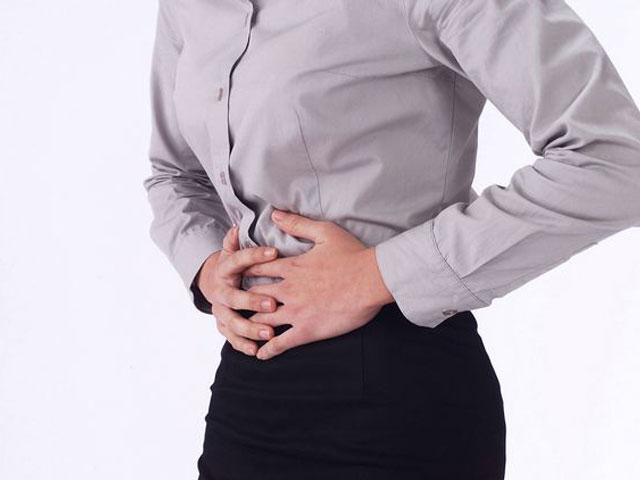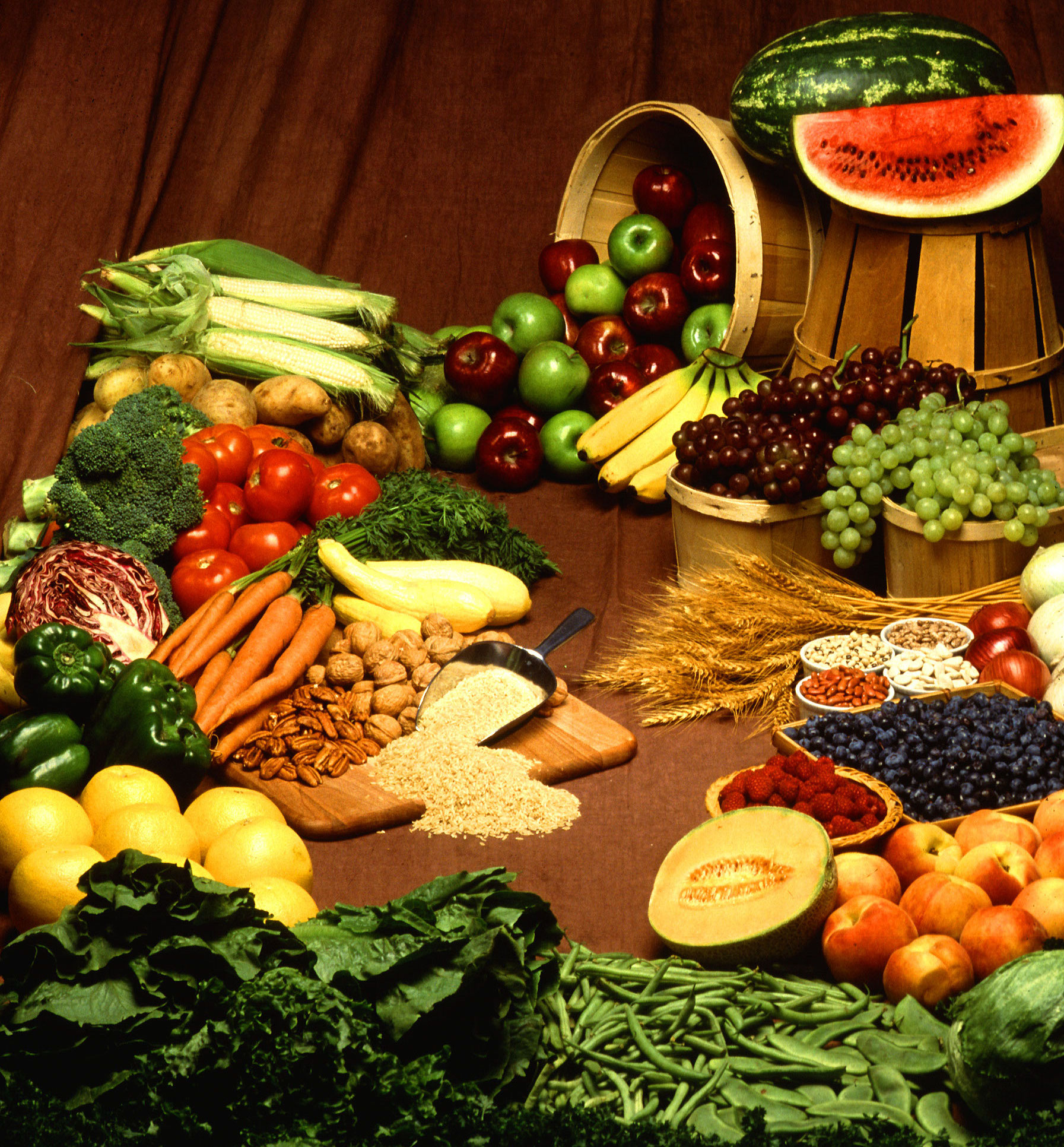Although some patients may feel that poor diet caused their Crohn’s Disease, in actuality, there is little evidence to support the assertion that Crohn’s nutrition affects the onset of the disease. However, Crohn’s nutrition and proper diet may be vital elements to a Crohn’s Disease treatment plan. Crohn’s nutrition should be discussed with your doctor, because each case is unique, and you may require a diet specially tailored for you.
Whatever your Crohn’s nutrition plan, it should be as balanced a diet as possible. As is the case for people without Crohn’s Disease, eating a balanced amount of foods from each food group is important to maintaining proper nutrition. You need protein from foods such as meat, fish, and poultry; carbohydrates from foods such as bread, cereal, and certain vegetables; vitamins from fruits and vegetables; and fats from foods such as oils.The small intestine is part of the digestive process, important in breaking down food and letting the body absorb nutrients. Crohn’s Disease can cause the small intestine to become inflamed, affecting how food is digested. Because of this, a Crohn’s nutrition plan specifically targeted to increase the nutrients absorbed into the body may be important. If your Crohn’s affects other parts of your digestive system, Crohn’s nutrition adjustments may help to lessen symptoms and improve the performance of your digestion.
Some diets suggest decreasing carbohydrates that are difficult to digest. This type of Crohn’s nutrition may be useful in lessening certain symptoms related to the trouble in breaking down such carbohydrates. These symptoms include bloating, gas, and diarrhea. You should discuss this kind of dietary plan, and any plan for handling Crohn’s Disease symptoms, with your doctor or dietician.
Because diarrhea is such a common and chronic symptom of Crohn’s Disease, it is vital that any Crohn’s nutrition plan include a healthy intake of fluids. Diarrhea is a cause of dehydration, and dehydration can be deadly. Even moderate dehydration, over long periods of time, can cause problems like kidney stones. When drinking fluids, drink slowly and in sips, rather than gulping, since air in the digestive system can cause further distress.
Whichever plan for Crohn’s nutrition is devised for you, you may find it helpful to keep a diary of foods you eat and how you feel after eating them. In this way you can pinpoint foods that are troublesome and eliminate them from your diet. For the alleviation of symptoms, eliminating foods seems to be the key. For better nutrition, adding foods may be necessary. But always be aware of how your body is reacting to specific foods so you can continue to fine tune your diet until you have arrived at a dietary plan that works for you


